 A friend living in England (the philosopher Jamie Whyte, actually, whose writing has graced this very blog) sends along a little vignette for the benefit of my American readers who see European health care systems through rose colored glasses.
A friend living in England (the philosopher Jamie Whyte, actually, whose writing has graced this very blog) sends along a little vignette for the benefit of my American readers who see European health care systems through rose colored glasses.
A 64 year old breast cancer survivor suffering severe back pain is told she’ll have to wait five months for an appointment with an orthopedic surgeon through the National Health Service (NHS). She therefore (and perfectly legally) chooses to pay 250 pounds (about 385 dollars) for a private appointment. He puts her on a waiting list for surgery to remove a cyst from her spine, surgery which is routinely covered by the NHS. But the NHS decides that since she can afford 250 pounds for a private appointment, she can also afford 10,000 pounds (over 15,000 dollars) for private surgery. They therefore deny to provide her the surgery for which she’s been paying taxes her whole life.
This was not an isolated incident; until recently, cancer patients were routinely denied further NHS treatement after privately purchasing lifesaving drugs that are not available through the NHS.
More details here. It’s worth reading the comments, where readers excoriate the patient for “queue jumping” because she used the price system to signal her high demand for medical services. Note that nobody complains about “queue jumping” in the market for, say, oranges, because oranges are not rationed by government bureaucrats and therefore do not generate queues.
The lesson, I think, is that once an inefficient bureaucracy becomes entrenched, a certain fraction of the electorate becomes incapable of imagining anything better. In this case, that fraction seems to have forgotten first that some people need medical care more desperately than others, so that “queue jumping” can be desirable, second that private payments to doctors actually call forth more medical care and therefore shorten queues, and third that maybe it would be better to have a system that didn’t require queuing in the first place.
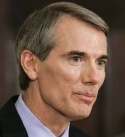




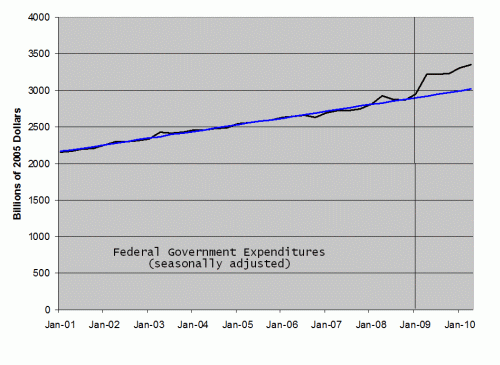
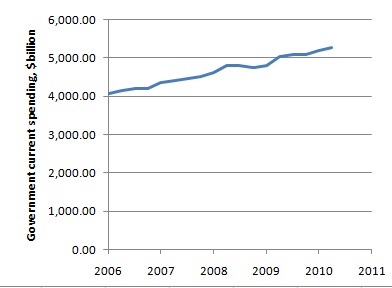






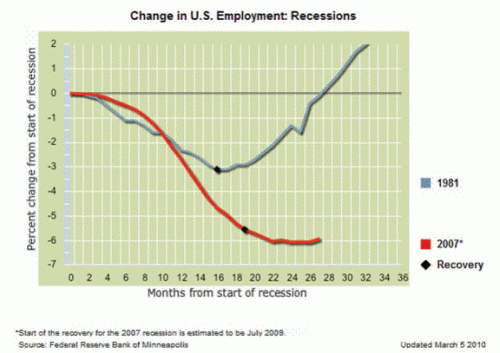






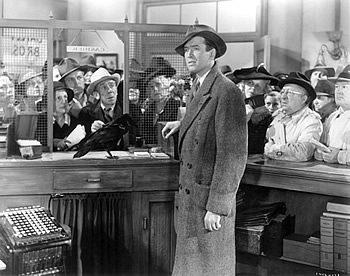


 The other big news story of the week was Tiger Woods’s apology, which merited a full two pages in the weekend edition of the Wall Street Journal. I was going to blog my thoughts on this, but my friend Nathan Mehl has said exactly what I wanted to say, and said it so much more brilliantly than I could possibly have said it myself, that I’m going to send you
The other big news story of the week was Tiger Woods’s apology, which merited a full two pages in the weekend edition of the Wall Street Journal. I was going to blog my thoughts on this, but my friend Nathan Mehl has said exactly what I wanted to say, and said it so much more brilliantly than I could possibly have said it myself, that I’m going to send you 
